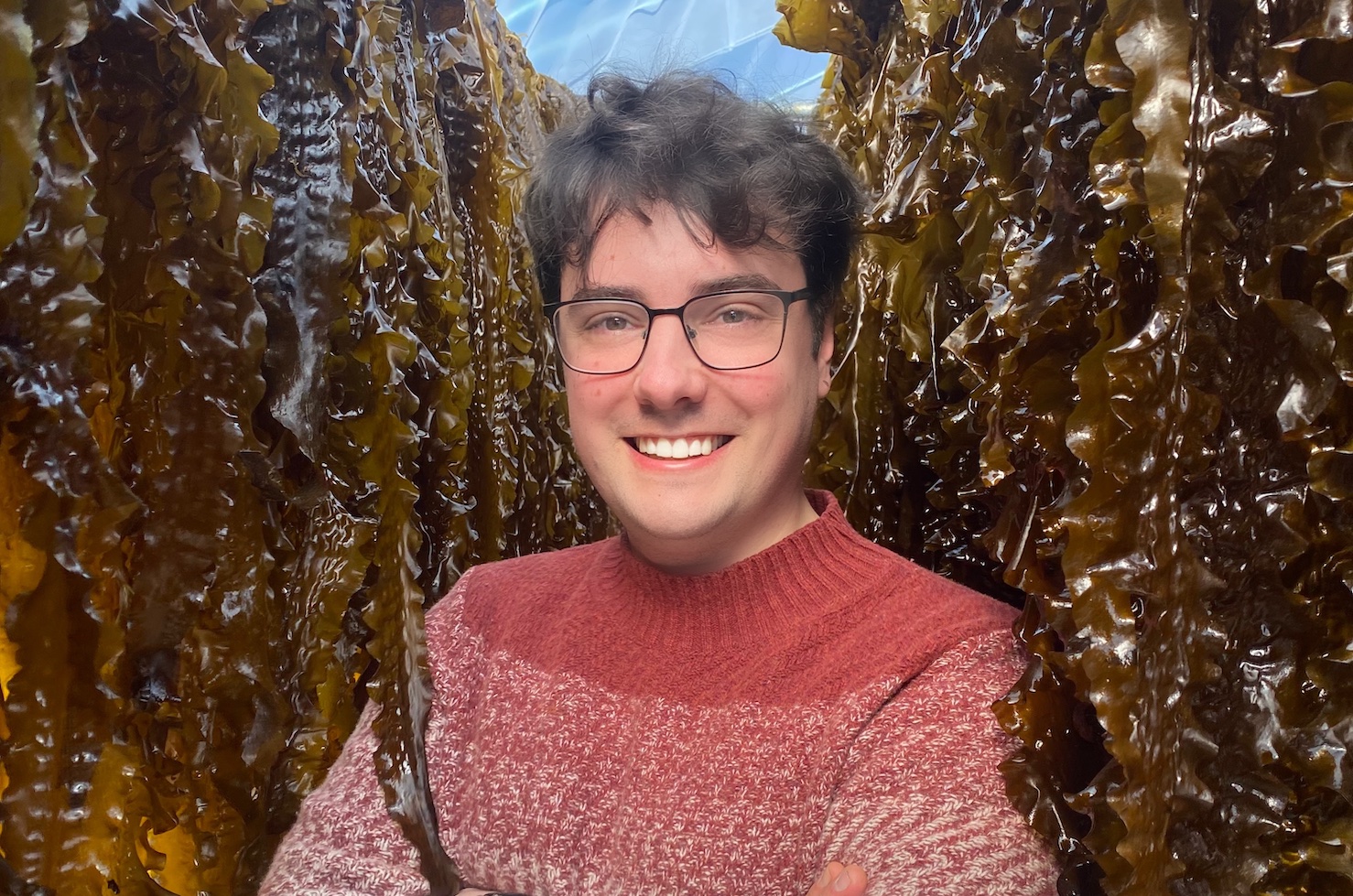Hello there, Jean-Baptiste Thomas!
Hello there - a new series to get to know KTH FOOD Faculty

Thomas' research aims to contribute to a resilient, sustainable and low carbon blue bioeconomy.
In the blue bioeconomy field, Jean-Baptiste is currently researching the development of multi-use at sea, blue food and blue carbon projects, and assist with the socioeconomic and environmental supply chain optimisation of industry actors, notably from a carbon, energy and nutrient perspectives. He is also exploring the potential of marine biomass to contribute to food security and circular economies, especially for phosphorus.
What do you think is the most important challenge within the food system today?
Global food security is underpinned by finite and currently unsustainably managed resources, like phosphorus, which we are rapidly running out of and for which the need for a circular economy is perhaps the most urgent of any resource – yet very few people are concerned with this phosphorus challenge. This is critical.
Also, according to the Intergovernmental Panel on Climate Change (IPCC), food production accounts for approximately 25% of global greenhouse gas emissions. At a Nobel dialogue event back in 2013 or 2014, Johan Rockström summarised the challenge of global food production when he said the global food system needs to go from being a net emitter of greenhouse gases to a carbon sink. This is the other great challenge in my opinion.
However we should not forget there are many other challenges besides these, from the need for more genetic diversity in our crops to increase their resilience, to more efficient food distribution, reduction of food waste, identifying how to make crops more nutritious, better understanding health effects of food, etc.
How come you have decided to conduct your research in the blue bioeconomy field?
I have always had an affinity for the ocean and I felt strongly that I would want to develop a career that contributed a little to addressing societal challenges like climate change and food security. Working with seaweed was the first step in that direction, and I have been swept away by all sorts of interests since then.
What value do you see in being affiliated with KTH FOOD Centre?
KTH is such a large institution, full of incredible researchers and we are all caught up in our little worlds of cutting edge research. A lot of good things can come from us stepping out of our little worlds and meeting one another over common interests like food. I hope to use the Food Centre to that end.
